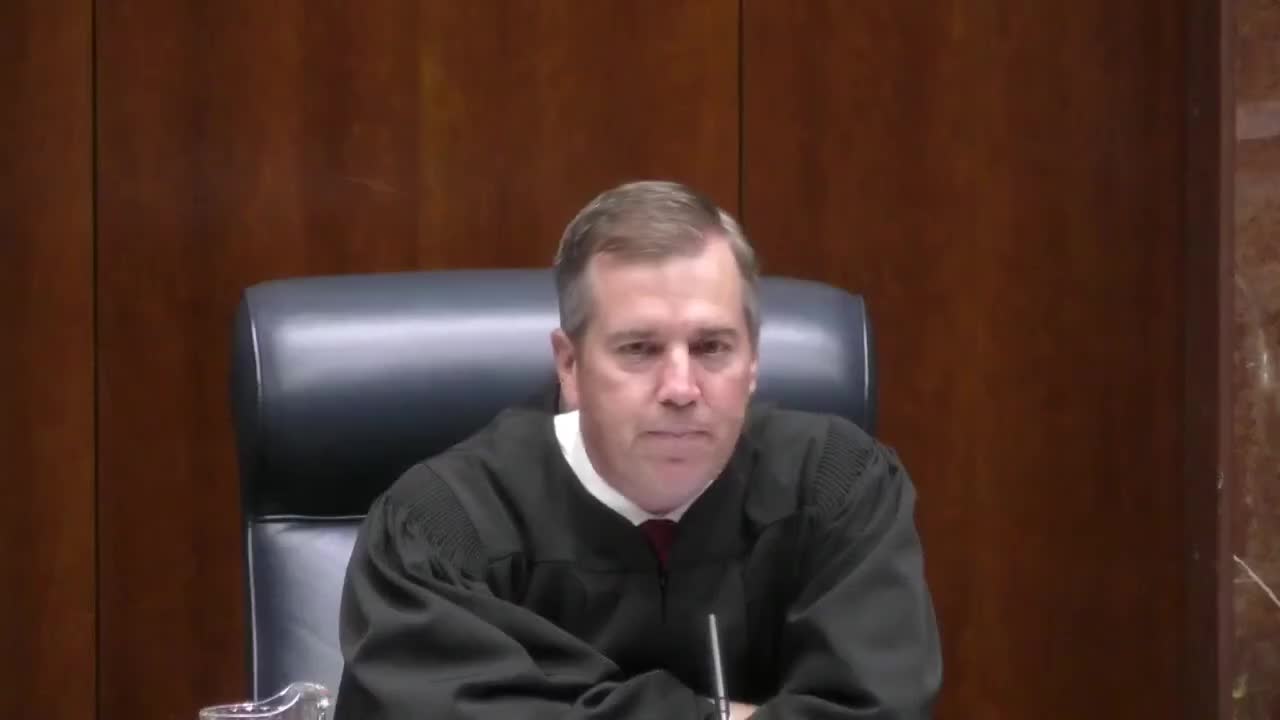Texas high court hears dispute over whether pro se lawyers fall under no‑contact disciplinary rule
Get AI-powered insights, summaries, and transcripts
Subscribe
Summary
The Supreme Court of Texas heard argument in Ruth v. Commission for Lawyer Discipline on whether a licensed attorney who represents themself is covered by the disciplinary rule that bars direct contact with parties known to be represented by counsel.
The Supreme Court of Texas heard argument in Ruth v. Commission for Lawyer Discipline on whether a licensed attorney who represents themself (a pro se lawyer) is subject to Texas disciplinary rules that prohibit direct contact with parties known to be represented by counsel. Petitioners urged the court to read the rule’s text narrowly, arguing the phrase “in representing a client” contemplates representation of a third‑party client and therefore should not apply when the attorney speaks for their own interests.
Respondents, including counsel for the Commission, told the court a textual reading divorced from context would undermine the rule’s protective purpose. They argued the disciplinary rules and related provisions (for example, prohibitions on false statements, disrupting tribunal proceedings, and prejudicial out‑of‑court statements) already constrain abusive conduct and that allowing pro se contact would give lawyer‑parties an unfair advantage and risk circumvention of the rules.
Justices pressed both sides with hypotheticals and sought lines between conduct that is properly regulated by the disciplinary regime and conduct that falls outside it. Counsel and justices discussed scenarios that counsel said would test a narrow construction: out‑of‑state attorneys appearing pro se, lawyers awaiting license issuance, lawyers who have surrendered their bar status, and hybrid situations where a party both is represented and acts in a personal capacity. Respondent counsel emphasized the record in Ruth’s underlying proceedings, including prior sanctions referenced in briefing and argument, and raised concerns about whether repeated communications to commission members had a vindictive or aggravating effect in the subsequent disciplinary proceedings.
Both sides acknowledged competing authority. Petitioners pointed to the plain‑text argument and to some ethics opinions that have reached similar conclusions; respondents noted state and persuasive authority that supports the Commission’s interpretation. Several justices asked whether conflicting professional‑ethics guidance should shield a lawyer from discipline or only mitigate sanction severity; counsel answered that reliance on committee opinions may bear on mitigation but would not necessarily bar a finding of misconduct if the rule’s plain reading, context, and purpose point the other way.
The court’s questions also touched on remedy and sanctions. Argument referenced disciplinary outcomes in the record: an earlier proceeding resulting in an approximately 18‑month suspension and a later proceeding in which a sanction of 5 years was mentioned in argument; counsel disputed factual inferences about how the prior proceedings were used during sanction phases.
The court did not announce a decision from the bench. The argument centered on whether to read the disciplinary rule strictly by text or to read the text against its stated regulatory purpose, and on what practical lines the court should draw to prevent evasion or unfair advantage by lawyer‑parties.
